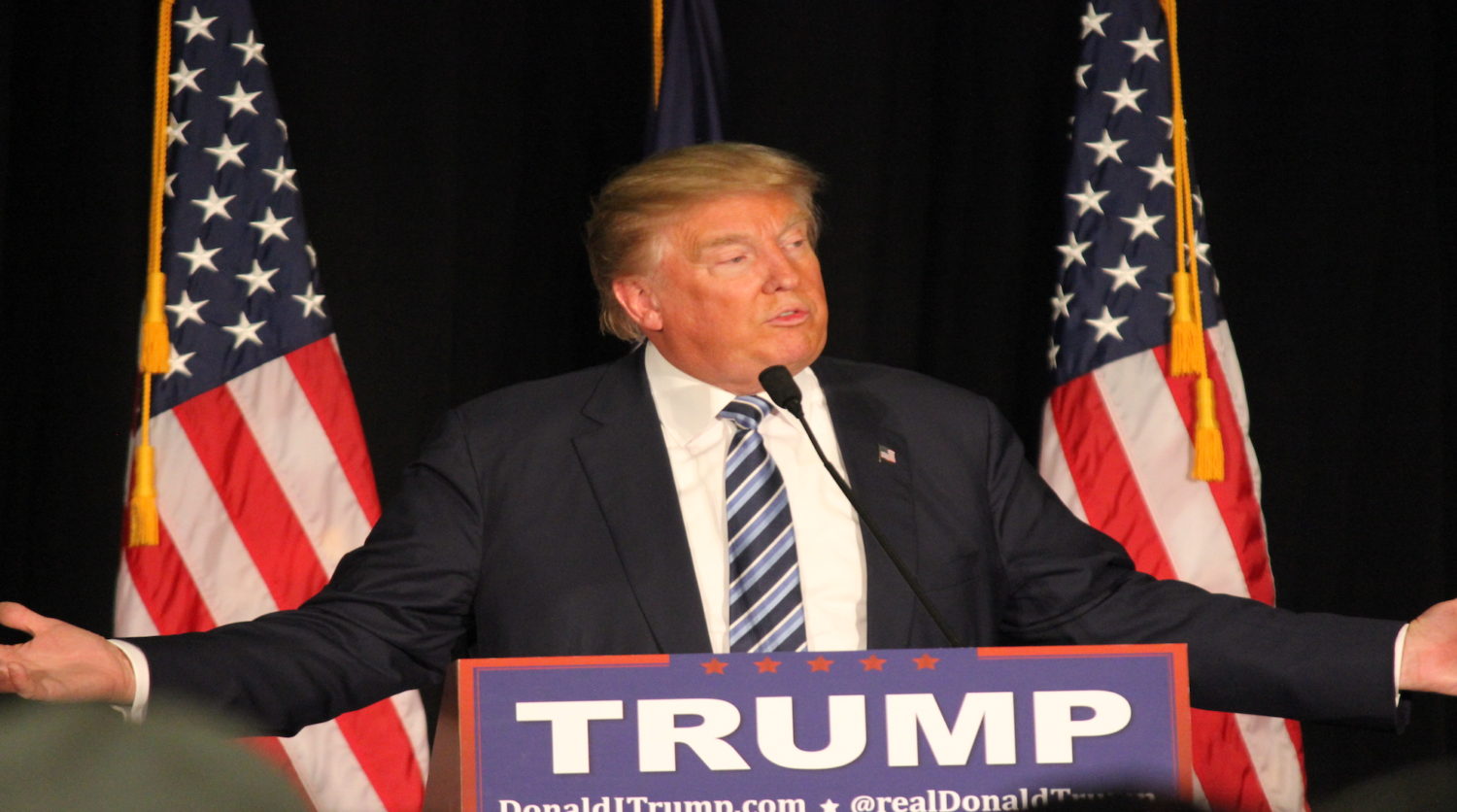Raw deals
As the government’s negotiations with the United States show, trade rules and our economy at large need urgent reform, argues Nick Dearden.
When Labour leader Jeremy Corbyn held up pages of censored trade documents during ITV’s general election debate last November, it was the culmination of years of work. My organisation first requested those documents in 2017, knowing that they would contain crucial details of what the UK government was preparing to negotiate with the USA. Despite numerous appeals and a legal challenge, the government’s trade papers remained secret.
When the uncensored documents were subsequently leaked, it was easy to see why the government wanted to keep them secret – they confirmed many of our worst fears about its willingness to capitulate to the US corporate lobby. While much mud has subsequently been slung about the identity and motivations behind the leak (with little actual evidence given), the authenticity of the documents, and what they reveal, has never been disputed.
What the leaked trade papers show is that the US trade deal will affect all of us, changing our food standards, our public services, the price we pay for medicines, the so-called ‘rights’ of big business and big investors to boss future British governments around. Donald Trump himself summed it up, in June 2019 as he stood next to Theresa May and said: “Look, I think everything with a trade deal is on the table. When you’re dealing in trade everything is on the table. So NHS or anything else, a lot more than that”.
Trump, for once, is right. Modern trade deals are indeed massive international treaties which do much more than lower tariffs. This is what makes a trade treaty with the US so important to Boris Johnson and the extreme free marketeers in his cabinet like trade secretary Liz Truss.
Truss stands in a long-line of British Conservatives who look to the USA as a model economy in which the market rules, big business can behave as it sees fit, and rich individuals are free from irritating ‘burdens’ like public healthcare and redistributive taxes. These politicians saw the referendum to leave the EU as an opportunity to shift our own economy further in this same direction. And a trade deal with the US would help that shift enormously, by locking in deregulation and liberalisation, and giving big business new powers to challenge any future government which tries to improve standards.
Trade deals have another great advantage: despite their far-reaching implications, they aren’t subject to normal democratic scrutiny. That’s because our government has refused to give Westminster the power which the European parliament used to have over our trade policy. As things stand MPs have no ability to properly scrutinise our government’s trade negotiations. They can’t even stop a trade deal coming into effect. So trade deals carry the force of international law, with none of the normal checks and balances of our parliamentary system.
So what might be in a US trade deal? Chlorine-washed chicken has been reported on extensively, but concern over this form of poultry is really a short-hand for the way the deal would start a race to the bottom in standards. It would do this by treating British and American food products as ‘equivalent’, in an attempt to encourage a greater flow of products between countries. But US food standards are radically different to Britain’s. US agriculture is dominated by massive corporations, farming on an industrial scale, with intensive use of antibiotics, hormones and steroids to promote rapid growth of animals and prevent illness in what are often extremely unpleasant and unhealthy conditions, along with an excess of chemicals, and allowances for stomach‑churning things to end up in the food we eat.
These standards are not equivalent to Britain’s food standards, and treating them as such would allow poor quality, potentially less safe food onto our shelves. Just as important, it would make food produced here to higher standards uncompetitive. And, in case you’re planning to simply avoid such food, it would likely mean worse labelling because American negotiators think many of our nutritional labels are ‘protectionist, and give big business powers to challenge new, higher standards which a future government wanted to introduce.
Modern trade deals cover services as well as goods, and that is how the NHS ends up ‘on the table’. Rules around services tend to encourage ever higher levels of ‘liberalisation’ – or privatisation in the case of public services – and make it much more difficult to ever bring these services back into public ownership. Given parts of the NHS have already been subjected to private sector forces, it could lock these reforms into place, making it much harder for a future government to unwind.
There are many other concerns besides. Trade deals usually contribute to increased carbon emissions, and make it harder for governments to discriminate in favour of renewable energies. This danger is heightened by the fact we are dealing with a climate denier who will not even allow climate change to be discussed in the negotiations. A US-UK trade deal will also have a ‘digital trade’ chapter, which threatens to lock in the power of big tech companies like Facebook, Google and Amazon, and prevent our government regulating or taxing these modern day robber barons. Indeed, Trump is already threatening to upend the whole trade deal if Johnson goes ahead with collecting a digital services tax.
All in all, the US trade deal is not really about importing more American products. It is about importing the American economic model. It is not about whether we trade with the US, but whether we capitulate to a set of policies that enshrine the power of the market and big business. A US trade deal is at the heart of what sort of country we become after Brexit. And while dealing with Trump throws up particularly difficult issues, a Biden presidency is unlikely to push a significantly different deal.
But there is hope. A wide coalition has already been formed to fight this deal, including the powerful farming lobby, worried about farmer’s livelihoods. Even the Mail on Sunday is running regular columns opposing the deal. While it is true that the politicians who led the Leave campaign want to use Brexit to deregulate the British economy, many of their voters want something entirely different. A recent survey shows high levels of support among young Leave voters in the north of England for environmental and animal welfare regulation. So there is every chance that this can reach beyond the ‘Brexit divide’.
But it is also important to remember that, in many ways, there is nothing particularly special about the US deal. It just highlights how trade rules work nowadays; the result of decades of corporate capture of our decision-making processes. Trade rules urgently need to be transformed if we are to have any hope of changing the way the international economy drives unsustainable levels of inequality and catastrophic climate change. Indeed, the fallout from subjecting our whole society to the laws of the market, as trade rules have done over the last four decades, is fuelling populism, and played a clear role in the election of Donald Trump.
So we need to not only defeat the US trade deal but also make sure this is a real step towards a different form of economy. This is where we need the Labour party to lay out a new course and begin to create the foundations of a very different economy if we are to avoid a retreat into xenophobia, the politics of bullying, and a collapse of any sort of international coordination. A return to 1990s-style globalisation is not an option. Only radical proposals have a hope of turning things around.
Image credit: Matt Johnson/Flickr

